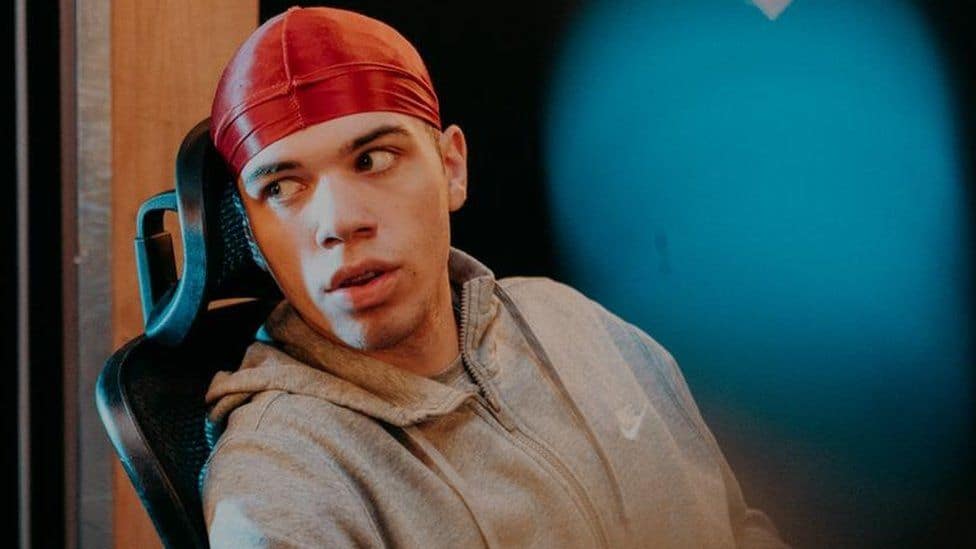
YouTube users will no longer see how many dislikes a video has got.
The platform says it’s made the change to protect users from “dislike bombing” and to reduce “stress and embarrassment” for creators.
Dislike bombing is when there is a coordinated move for people to dislike a video to put off potential viewers.
Some content creators have told Radio 1 Newsbeat the move is “not very helpful”, but others say it might help their mental health.
The change hasn’t been rolled out fully yet – and YouTube’s announcement of the move has had 53,000 dislikes so far.
Content creators will still be able to see the total dislikes for their own videos.
‘Discouraging trolls’
“It will discourage a lot of trolling and a lot of mean-spirited people on the internet that want to try to put down other people’s creative work,” says rapper Kenzo Jae.
The 18-year-old uni student, from Bradford, promotes his music on YouTube and only has about 200 subscribers.
It’s small-scale content creators like Kenzo that YouTube says will be most protected by its decision to hide dislike totals.
Kenzo says he can feel “apprehension” about what the reception to his videos might be, and that removing the dislike totals might help creators’ mental health.
“You might put your heart and soul into something and then it doesn’t come out the way you want it to with likes or dislikes – that can be disheartening,” he says.
“On my Instagram account I’ve taken all likes off and it’s really helped with not caring about the amount of people liking it.”
YouTube tested out hiding the dislike total from users earlier this year and says it’s been shown to reduce co-ordinated attacks by online trolls who work together to rack up huge dislike tallies on people’s content.
Some people can still see the dislike totals but YouTube is gradually rolling out the new feature, so that won’t last much longer.
‘Dislikes stop clickbait’
Many users have said they’ll miss the dislike totals. There are loads of comments saying “RIP dislikes” on one of YouTube’s most-disliked videos ever, a clip by YouTube star PewDiePie that got 5.6m dislikes after he called on fans to dislike it.
Chris Burton says he’ll miss the totals as they “can be really helpful” for users to avoid clickbait.
“You want to immediately know how good the video is, before you watch it,” the 27-year-old from Hampshire says.
“A lot of the time, you can’t trust the title or thumbnail. If you see a tutorial video and it’s got almost all dislikes, you know it’s not going to help you.”
Chris runs the channel Half-Asleep Chris where he takes part in positive projects like litter picking and making giant Lego tracks.
He says he “struggles to see” how YouTube’s decision protects him from stress, because he’ll still be able to see the total as a creator.
Chris says it “certainly gets rid of the bullying aspect” of “dislike bombing”, but adds: “I don’t think that’s the way 99% of people use the dislike button.”
He says he’s happy with the tools YouTube already provides to stop online bullies.
“It already auto-blocks a lot of hateful comments which is fantastic. It holds them for review, and they don’t go live unless I manually click them.”
As well as hiding some or all comments, creators have pointed out a feature already exists to hide likes and dislikes, which YouTubers can activate if they want to.
Some people have questioned whether or not YouTube made the move because the most-disliked video ever on the platform happens to be one of their own.
YouTube Rewind 2018 has over 19 million dislikes, compared with three million likes.
YouTube says this isn’t why the change has been made.




























